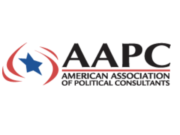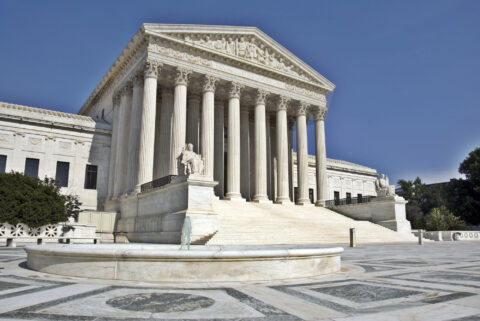Washington, DC — The Institute for Free Speech and Moms for Liberty (M4L) have filed an amicus brief urging the Supreme Court to uphold certain provisions of Texas and Florida laws prohibiting social media platforms from censoring users’ viewpoints.
The laws aim to stop powerful tech companies like Facebook, X (formerly Twitter), and YouTube from de-platforming or censoring users due to their ideological views while allowing the platforms to restrict certain types of content. The platforms challenged the laws, asserting the First Amendment protects all their activities.
As noted in the brief, the Institute and M4L agree that “social media platforms enjoy the fundamental First Amendment freedoms of speech and association, including the right to exercise editorial control over their own speech…. [Their rights] include the right to choose what kinds of services they wish to offer, and the right to empower their customers to control the type of content with which they interact.
“But laws barring viewpoint discrimination threaten none of these rights. They do not regulate the platforms’ own speech, nor do these provisions prevent the platforms’ users from choosing what speech they receive and with whom they interact. In addressing this problem, the states limit only the platforms’ power to censor the discrete speech of others based on viewpoint.”
As the Institute and Moms for Liberty point out, platforms are conduits for the distribution of others’ speech, and do not act as speakers or content creators by opening up their services to the public. The brief explains the clear distinctions between services provided by social media platforms and expression by creative professionals, newspapers, or parades.
Recalling the Supreme Court’s familiar holding that “no official, high or petty, can prescribe what shall be orthodox in politics, nationalism, religion, or other matters of opinion,” the Institute and M4L note that “the First Amendment did not assign such power to Mark Zuckerberg, or to some faceless programmer at his company. Or, for that matter, to the Vice President and Chief Editor of NetChoice member TikTok’s parent company—and the head of its internal Chinese Communist Party committee.”
Allowing “a nondiscrimination rule might also be the only countervailing force against the imposition of foreign speech regulations on platform speech that would violate the First Amendment if attempted by Congress.”
Moms for Liberty endured such ideological bias directly, as Facebook at times flagged innocuous content posted by its chapters, such as urging people to consider running for school board, under the guise of preventing “misinformation” and disabled several M4L chapters’ ability to post. That experience highlights the interest addressed by the laws at issue in the two cases before the Court.
Because these platforms’ censorship can directly affect the ability of organizations’ messages to reach and persuade the public, the “Court should preserve some leeway for efforts to strike the proper balance” as the states seek to address social media censorship.
To read the amicus brief in the cases NetChoice v. Paxton and Moody v. NetChoice, click here.
About the Institute for Free Speech
The Institute for Free Speech promotes and defends the political speech rights to freely speak, assemble, publish, and petition the government guaranteed by the First Amendment.














